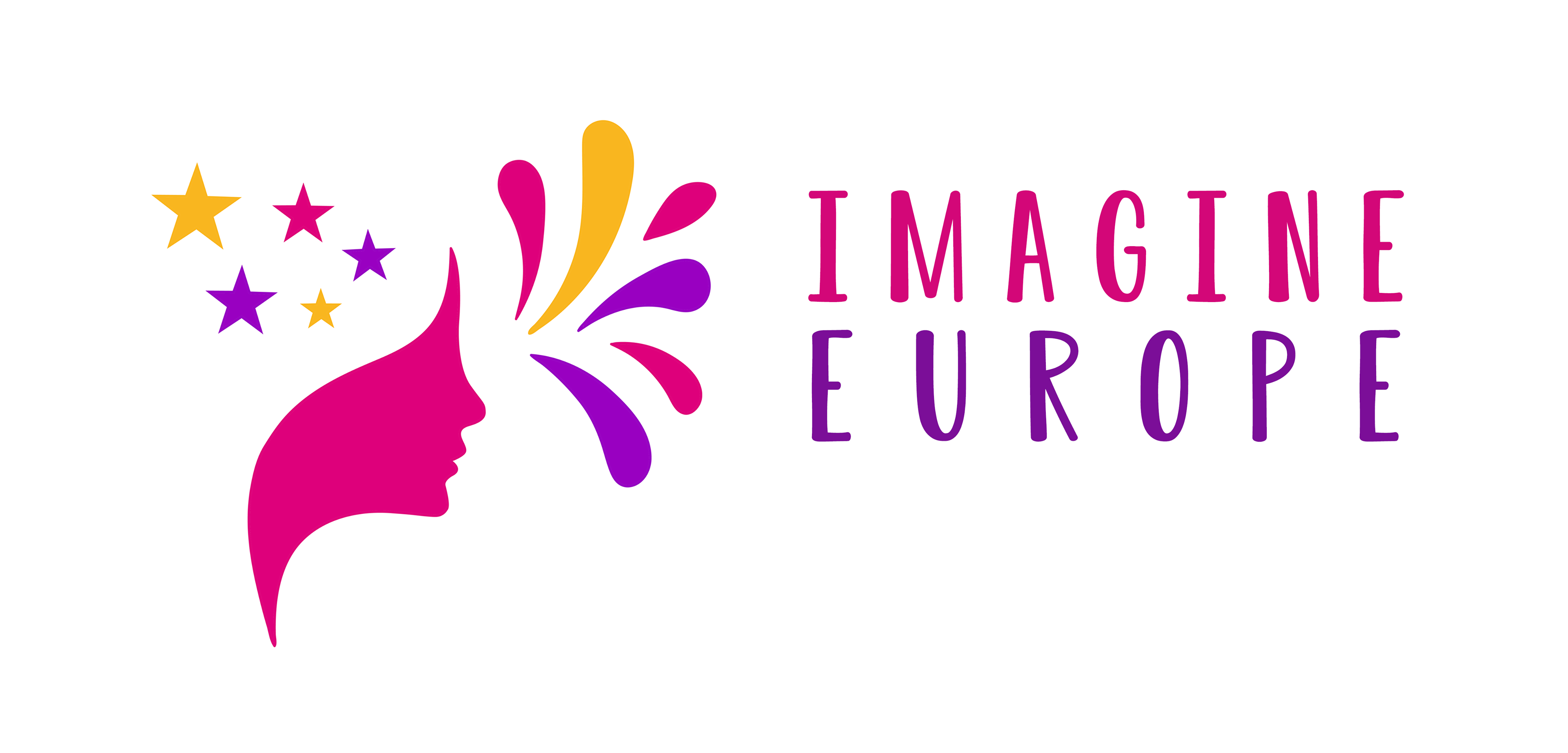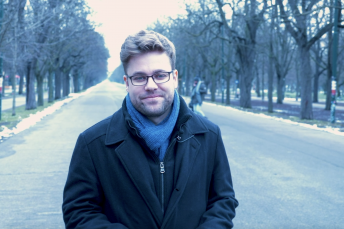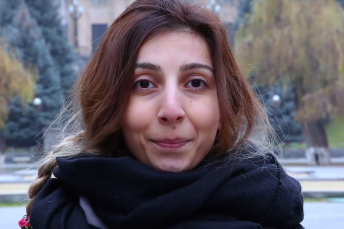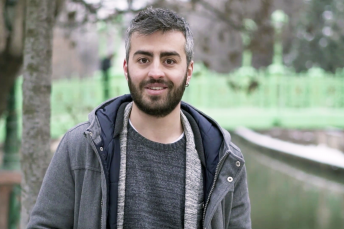by Leonard Preisler
Hi everybody, I’m Leonard and I live in Trier which is a city close to the border of France and Luxembourg. Thinking about the future of Europe I consider the European flag with its twelve golden stars on the blue background as a symbol of the important questions Europe will be facing over the next years. The twelve stars in the circle represent the unity of all European peoples although each country sustains major parts of its autonomy. Nevertheless, it becomes obvious that this flag also makes aware the huge challenge Europe has to cope with: the centre of the circle is empty. We have to ask ourselves: What keeps the stars together and what keeps the stars from derailing their orbit and falling apart? The basic question is: What could be the connecting power in the centre of this symbol, what could be the uniting power in the heart of Europe? The answer to this question is: we need a European Identity. Collective identity is formed in public communication processes within societies. The two main principles which support this communication process are first the emergence of a common European public and second the democratic participation of European citizens. At the moment, a common European public does not exist. The European public is segmented into partial public spheres due to culture and language barriers. I suggest that on the one hand national media have to europeanise, meaning that their reporting has to include European matters in a broad way. On the other hand, we strongly need transnational media which reach out to a European audience. Transnational media could for example broadcast the elections to the EU-Parliament as a European media event. The crucial link between these ideas for a European public and my vision of a new kind of democratic participation within the EU is interactive communication. In my opinion the EU should definitely extend their appearance on social media. However, social media communication cannot replace real interaction between humans. We need direct and close contact between the EU and the citizens. Right now, Europe is happening in Brussels, Strasbourg or Luxembourg and decisions do not seem to be transparent and comprehensible. Europe has to be local: in our cities, in our villages and in our neighbourhood. Hence, I suggest that the EU should strengthen voluntary social and political participation in municipalities. The EU could for example provide financial support to local clubs or reimburse municipal politicians for their voluntary commitment because these people stand up for European values every day. In addition, we need to build European centres in our cities and in our rural regions. These centres would provide the premises for clubs and parties to support them in their civic commitment. If we manage to accomplish the named goals for our European future, I am sure that we will have developed a European Identity in 2050 which has the power to unite the centrifugal forces that divide Europe at the moment.





Add comment